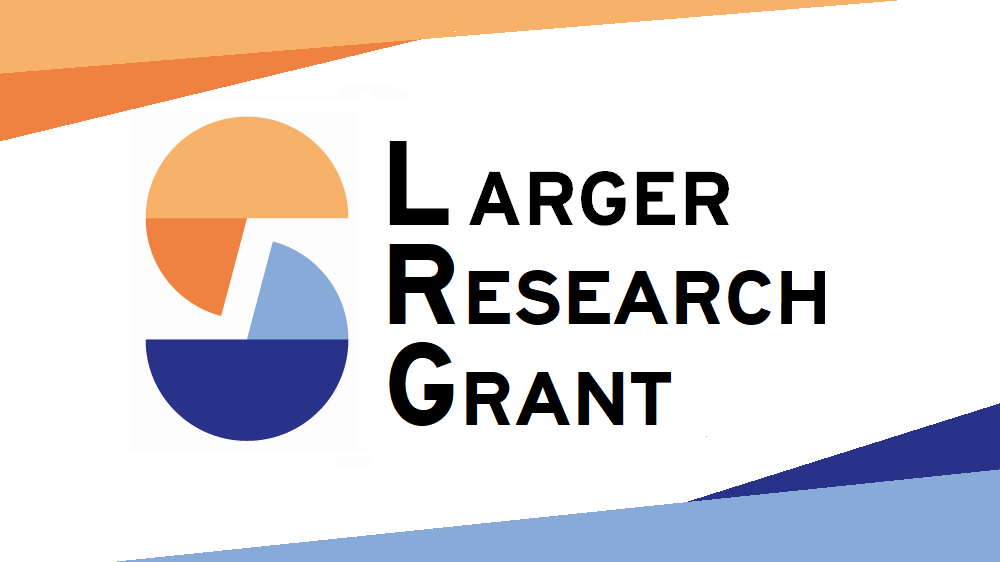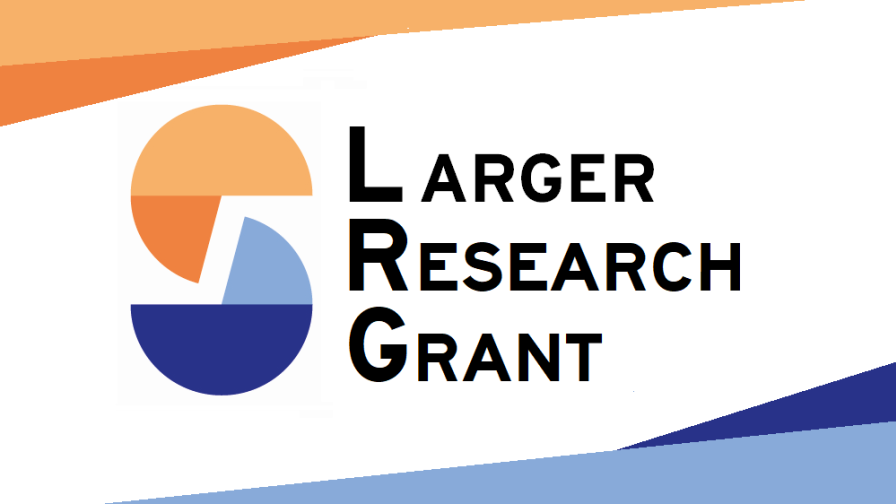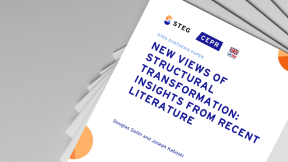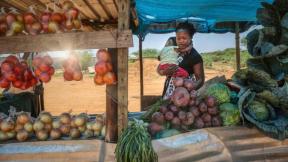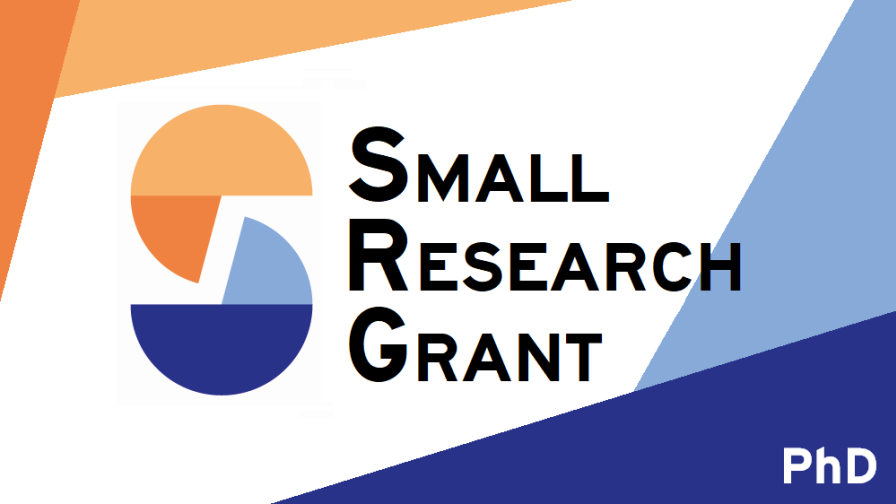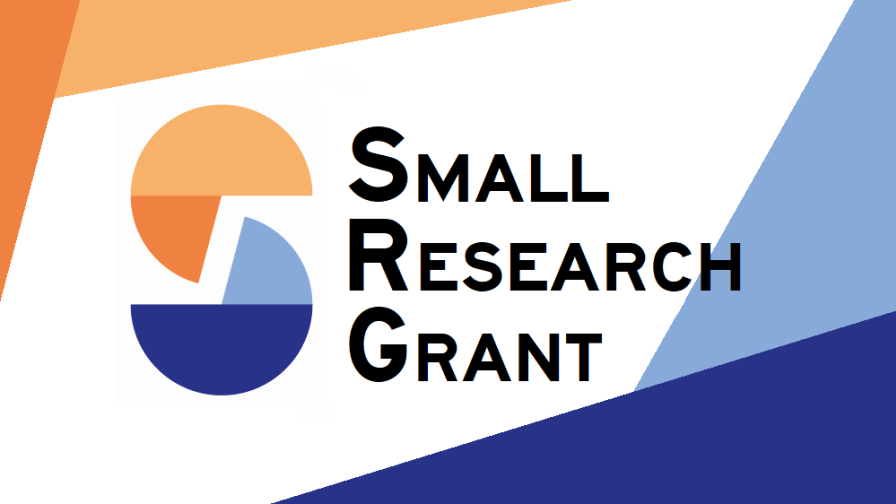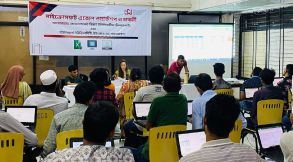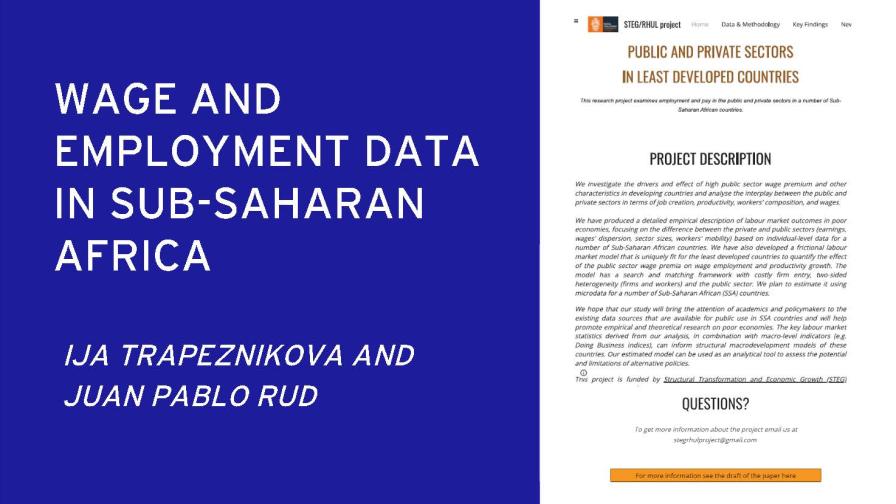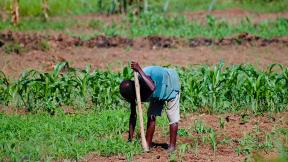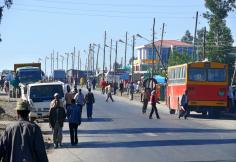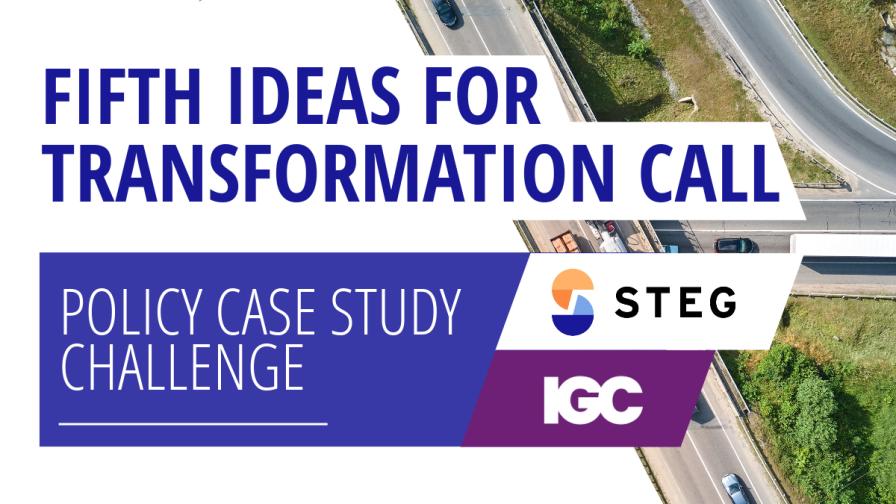The majority of households in low-income countries live in rural areas where markets are poorly integrated and productivity is particularly low. In response, governments and international organisations spend billions of dollars attempting to better connect these markets. Yet studying the impact of these investments can be difficult. Their high profile and cost tend to incentivise placement where economic growth is anticipated or desired. Even when the impact can be causally identified, data limitations tend to require researchers to focus on narrow margins of change, a potentially important limitation for a high cost intervention expected to affect multiple margins. This project evaluates the impact of the construction of bridges in Rwanda on local households, firms, and markets, as well as spillovers between locations.
The research team partner with the NGO Bridges to Prosperity (B2P) to randomise the roll-out of 150 new bridges being constructed in rural Rwanda. They conduct surveys across 10,000 households and collect data on local markets to measure traders, prices, and goods available. The household surveys will take place in three villages, the nearest on either side of the bridge and (in 75 of 150) two additional villages further away to track spatial fade-out.
Even last mile infrastructure of the type we study here is expensive and requires impact on multiple dimensions to make these interventions cost-effective. Understanding which channels are affected have important implications for government’s optimal placement of infrastructure. Moreover, equilibrium spillover effects at scale potential affect interpretation of results. To the extent that these spillovers create winners and losers from connectivity, they will have first-order implications for policy.
